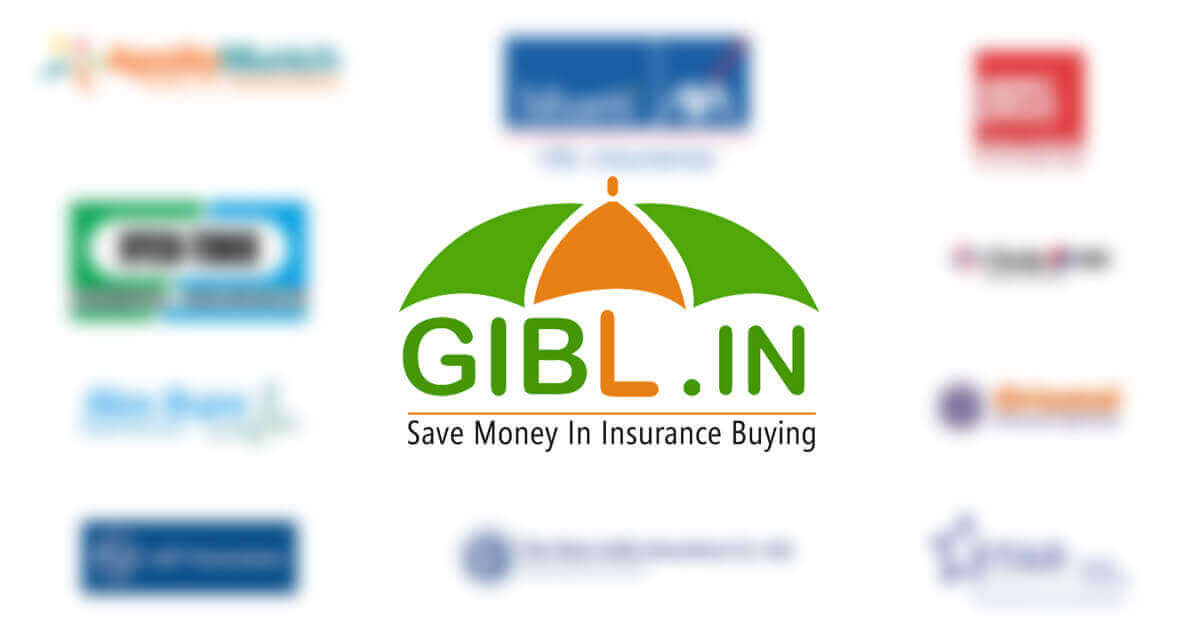 Health security is a major priority for all individuals. At some point, you are bound to fall sick and undergo intensive medical care. The burgeoning hospitalization costs, however, cannot be met without a health insurance. A health insurance policy is exclusively designed to fulfill all your healthcare needs in return of a premium. The hospitalization expenses incurred by the insured are paid by the insurance company. In case of any illness or bodily injury, health insurance provides coverage for treatment as well as other medical expenses. In the event of any major disorder or severe accident, your health insurance plan endows you with cashless hospitalization.
Health security is a major priority for all individuals. At some point, you are bound to fall sick and undergo intensive medical care. The burgeoning hospitalization costs, however, cannot be met without a health insurance. A health insurance policy is exclusively designed to fulfill all your healthcare needs in return of a premium. The hospitalization expenses incurred by the insured are paid by the insurance company. In case of any illness or bodily injury, health insurance provides coverage for treatment as well as other medical expenses. In the event of any major disorder or severe accident, your health insurance plan endows you with cashless hospitalization.  Falling for the wrong health insurance cover could mean paying a hefty premium for minimum coverage. Your health insurance plan should strike a balance between medical benefits and premium rates. However, most health policy buyers fail to understand the plan details. Firstly, you have to look for the following general features offered by a medical care policy:
Falling for the wrong health insurance cover could mean paying a hefty premium for minimum coverage. Your health insurance plan should strike a balance between medical benefits and premium rates. However, most health policy buyers fail to understand the plan details. Firstly, you have to look for the following general features offered by a medical care policy:
- Coverage for pre-hospitalization and post-hospitalization care
- Reimbursement for daycare treatment procedures
- Exclusions of certain disorders in the first or second year
- No maximum entry-age limit
- No Claim Bonus
- Tax benefits
- Cashless claim settlement
For most people, buying health insurance plan is a painstaking task. There are some terminologies as well as conditions that should be known to you prior to purchase. Comparing health insurance policies could be a daunting process to someone who has never bought an insurance coverage before.  Given below are the things you should know before buying health insurance plan: Premium- Most individuals have a vague idea about this term since they do not know how it is calculated by the insurance company. Premium is basically the amount which should be paid on a monthly or quarterly basis by the insured to maintain the coverage. It is the primary thing which should be considered by a health insurance buyer. The cost of health insurance cover is determined by the premium. However, it should not outweigh the other costs involved in an insurance plan. Lower premiums help you save some money. On the other hand, if you want to be more financially secured then opt for a wider coverage for higher premiums to meet unexpected hospitalization expenses.
Given below are the things you should know before buying health insurance plan: Premium- Most individuals have a vague idea about this term since they do not know how it is calculated by the insurance company. Premium is basically the amount which should be paid on a monthly or quarterly basis by the insured to maintain the coverage. It is the primary thing which should be considered by a health insurance buyer. The cost of health insurance cover is determined by the premium. However, it should not outweigh the other costs involved in an insurance plan. Lower premiums help you save some money. On the other hand, if you want to be more financially secured then opt for a wider coverage for higher premiums to meet unexpected hospitalization expenses.  Deductible- It is the amount you have to bear for each claim from your own pocket before the insurance company pays for the remaining hospitalization costs. For example, you meet with an accident and your hospitalization bills amount to Rs. 25,000. In such a situation, your out-of-pocket expense would be Rs. 10,000 which is your annual deductible. The insurance company pays the remaining Rs. 15,000 for the treatment. However, if the medical treatment costs only Rs. 10,000 then it will be covered by your fixed deductible and your insurance company does not have to pay anything. Individuals who are already suffering from chronic illnesses have to think twice before choosing a plan which offers lower premium-higher deductible. A higher-deductible health cover is, howbeit, suitable for people with low health risk. Make sure you choose an affordable annual deductible keeping in mind your current health conditions. Copayment- It is a fixed amount which you are compelled to pay for a specific healthcare service such as physician visits, laboratory tests and prescription drugs. The remaining charges are, however, covered by the insurance company. If you have to regularly avail these special services then it would be advisable to opt for lower copayment. Exclusions- Your healthcare policy might have certain limitations and exclusions for a number of health-related problems. For such conditions, the payment has to be done from your side as the insurance company will not be liable for the treatment. Some of these exclusions may include:
Deductible- It is the amount you have to bear for each claim from your own pocket before the insurance company pays for the remaining hospitalization costs. For example, you meet with an accident and your hospitalization bills amount to Rs. 25,000. In such a situation, your out-of-pocket expense would be Rs. 10,000 which is your annual deductible. The insurance company pays the remaining Rs. 15,000 for the treatment. However, if the medical treatment costs only Rs. 10,000 then it will be covered by your fixed deductible and your insurance company does not have to pay anything. Individuals who are already suffering from chronic illnesses have to think twice before choosing a plan which offers lower premium-higher deductible. A higher-deductible health cover is, howbeit, suitable for people with low health risk. Make sure you choose an affordable annual deductible keeping in mind your current health conditions. Copayment- It is a fixed amount which you are compelled to pay for a specific healthcare service such as physician visits, laboratory tests and prescription drugs. The remaining charges are, however, covered by the insurance company. If you have to regularly avail these special services then it would be advisable to opt for lower copayment. Exclusions- Your healthcare policy might have certain limitations and exclusions for a number of health-related problems. For such conditions, the payment has to be done from your side as the insurance company will not be liable for the treatment. Some of these exclusions may include:
- Pre-existing disorders
- Specific illnesses such as piles, cataract, and gall bladder stone
- Dental or ophthalmologic care
- Cosmetic operation
- Pregnancy-related checkup
- Substance abuse
- Non-allopathic treatment
Coverage limits- Some of the covered medical services have a limit beyond which the insurance company does not reimburse the extra charges. Suppose in your policy ICCU Bed limit is Rs. 3,000 perday but the hospital demands Rs. 3,500 perday. Your insurer covers the maximum limit of Rs. 3,000 per day only but the remaining amount has to be paid by you. However, opting for a higher coverage limit will increase the premium rate. Once you take all these factors into consideration, you can start shopping for the ideal health plan. In all likelihood, it is not possible to study individual policies in details. GreenLife Insurance Broking Limited (GIBL) gives you the power to understand the terms and conditions of various medical plans on a single platform. Through online comparing, you can get some of the best insurance quotes in the market. A lot of insurance companies offer discounts on the premiums.  GIBL tabulates the benefits, limitations, exclusions and add-ons of several policies and helps you choose the most affordable one. So for any insurance claim assistance, you can contact with GIBL.
GIBL tabulates the benefits, limitations, exclusions and add-ons of several policies and helps you choose the most affordable one. So for any insurance claim assistance, you can contact with GIBL. 











